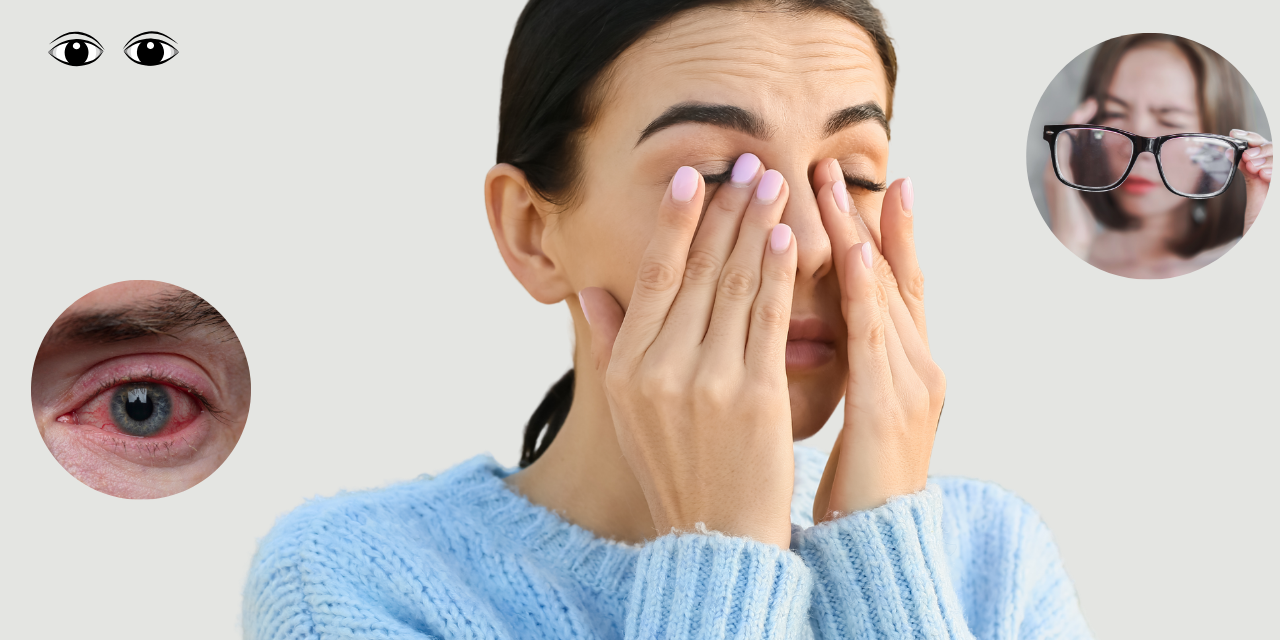Our eyes are one of the most vital organs in our body, allowing us to experience the world in all its visual splendor. However, many of us take our vision for granted, neglecting routine eye care that can prevent future complications. One of the most effective ways to safeguard your vision is through regular eye exams. These simple checkups play a crucial role in detecting potential issues early, allowing for timely intervention that can prevent long-term vision problems.
Understanding Eye Exams
An eye exam is more than just a simple vision test to determine if you need glasses. It is a comprehensive examination of your eyes, assessing your overall eye health and detecting any underlying issues. An eye care professional, such as an optometrist or ophthalmologist, will conduct various tests, which may include:
- Visual Acuity Test: This measures how well you see at various distances.
- Eye Muscle Test: This checks the muscles controlling eye movement.
- Refraction Assessment: Determines if you have refractive errors such as myopia (nearsightedness), hyperopia (farsightedness), or astigmatism.
- Pupil Dilation: Drops are used to dilate your pupils to check for issues inside the eye, including the retina and optic nerve.
Regular eye exams can help identify early signs of common eye conditions such as glaucoma, cataracts, and age-related macular degeneration (AMD), which can lead to serious vision problems if left untreated.
The Importance of Regular Eye Exams
Regular eye exams are essential for maintaining good eye health, particularly as we age. Here are some key reasons why regular checkups are critical in preventing long-term vision problems:
➽ Early Detection of Eye Diseases
One of the primary benefits of regular eye exams is the early detection of eye diseases. Conditions like glaucoma and diabetic retinopathy can progress without any noticeable symptoms. By the time vision loss becomes apparent, it may be too late to reverse the damage. Regular eye exams help catch these conditions in their early stages, allowing for timely treatment and reducing the risk of long-term complications.
➽ Monitoring Chronic Conditions
People with certain chronic conditions, such as diabetes and high blood pressure, are at an increased risk of developing vision problems. Diabetic retinopathy, for instance, is a condition that affects the blood vessels in the retina due to high blood sugar levels. This condition can lead to blindness if not properly managed. Regular eye exams allow doctors to monitor any changes in the eyes caused by these conditions and intervene early to prevent vision loss.
➽ Preventing Vision Loss in Children
Regular eye exams are not just for adults. Children should also undergo routine eye checkups to ensure proper eye development. Early detection of vision issues such as strabismus (crossed eyes) or amblyopia (lazy eye) can prevent long-term vision problems. Children with undiagnosed vision issues may struggle with schoolwork, reading, and even social development. Addressing these problems early can prevent them from worsening and help improve a child’s quality of life.
➽ Identifying Refractive Errors
Refractive errors, such as nearsightedness, farsightedness, and astigmatism, can develop gradually. Many people may not notice that their vision is deteriorating because the changes happen slowly. Regular eye exams ensure that any refractive errors are identified and corrected with glasses or contact lenses, preventing strain and discomfort.
How Often Should You Get an Eye Exam?
The frequency of eye exams depends on several factors, including age, family history, and existing health conditions. As a general guideline:
- Children: Should have their first eye exam around 6 months old, again at age 3, and then before starting school. After that, exams should be conducted every one to two years.
- Adults (Ages 18-60): Every two years if no vision issues are present, but annually for those who wear glasses or contact lenses.
- Adults Over 60: Annual eye exams are recommended, as the risk of developing age-related eye conditions increases.
Conclusion
Regular eye exams play a vital role in preventing long-term vision problems and protecting your eye health. They allow for early detection of conditions like glaucoma, cataracts, macular degeneration, and diabetic retinopathy, which can lead to serious complications if left untreated. Regardless of your age or current eye health, routine check-ups with an optometrist are essential for maintaining good vision and overall health. visit Dr Rohit P Gupta at the renowned Tricity Eye Hospital, the best eye hospital in Mohali. The importance of these exams. Make eye exams a priority to safeguard your vision for the future. For appointments and further information, please call at +9189682 48767.












